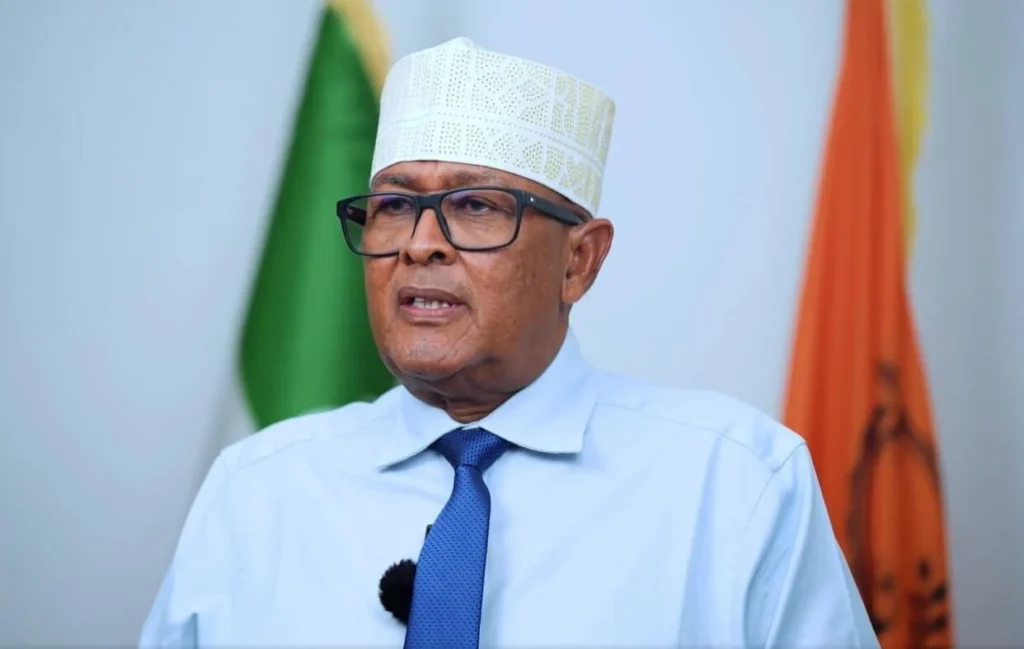
Africa’s second most populous nation, Ethiopia, defaulted on its only international government bond on Tuesday, December 26th, becoming the third African country to do so in the past three years.
The $33 million “coupon” payment, officially due on December 11th, remained unpaid despite a 14-day grace period, solidifying Ethiopia’s financial distress.
This decision, anticipated due to the country’s crippling debt burden, further strains Ethiopia’s already volatile economic landscape.
The nation emerged from a two-year civil war in November 2022, leaving its foreign exchange reserves depleted and inflation rampant.
The combined effects of the pandemic and conflict pushed Ethiopia to formally announce its intention to default earlier this month.
Sources familiar with the situation confirmed that as of Friday, December 22nd, bondholders had not received the missed payment.
This default aligns Ethiopia with fellow African nations Zambia and Ghana, both currently undergoing extensive debt restructuring under the G20’s “Common Framework” initiative.
Ethiopia initially sought debt relief under the program in early 2021, but the ongoing civil war delayed progress.
In November, however, official sector creditors, including China, agreed to a temporary debt service suspension. However, parallel negotiations with private sector creditors holding the bond ultimately fell through on December 8th, prompting S&P Global to downgrade the bond to “Default” on the 15th.
With Tuesday’s missed payment, Ethiopia officially joins the ranks of Zambia and Ghana in seeking comprehensive debt restructuring.
The long-term economic impact for the East African nation remains uncertain, but the immediate implication is a further tightening of already constrained resources.
The international community and private sector will now watch closely as Ethiopia navigates this complex financial predicament.




